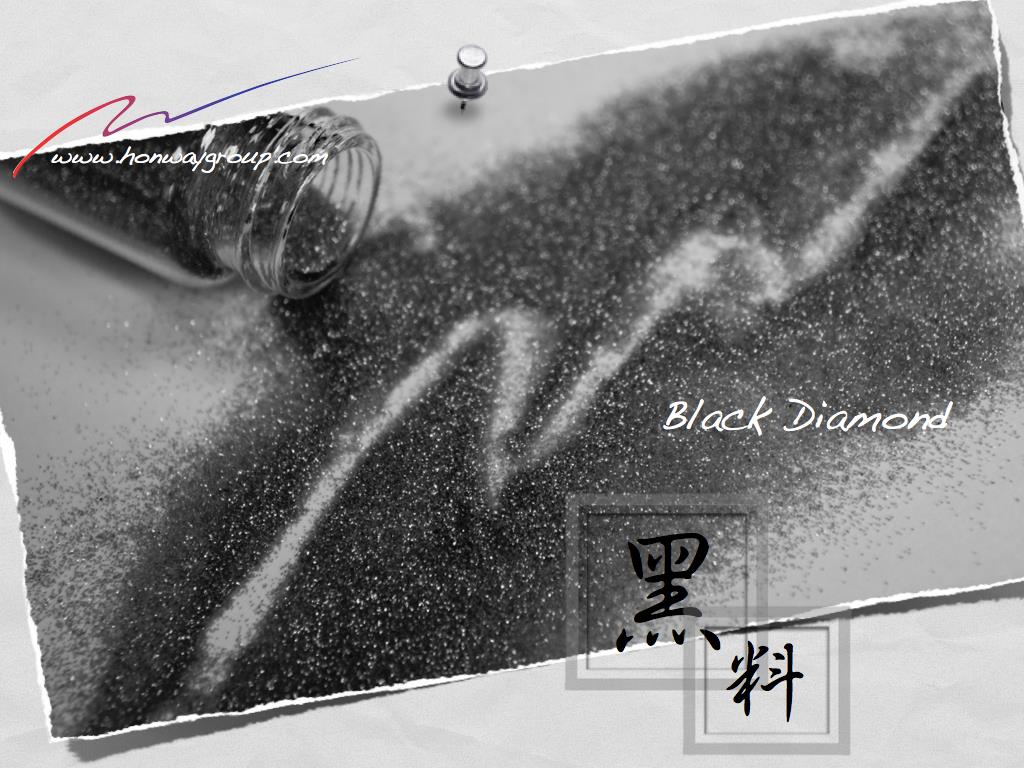Introduction
In semiconductor manufacturing, wafer grinding and polishing are crucial processes to ensure wafer surface quality. However, stress issues generated during these processes can affect the wafer’s physical properties and device performance.
Understanding and effectively managing these stress issues are essential for improving production efficiency and product quality. This article will explore the sources of stress, influencing factors, and optimization strategies to provide you with practical and feasible solutions.
Want to know what products we have for first-generation, second-generation, and third-generation semiconductor polishing process solutions? Please click this link for more information.>>>>>The secret weapon of semiconductor precision manufacturing: grinding and polishing consumables
Table of Contents
What is Stress?
- Definition: The force applied per unit area.
- Causes: Stress is generated when a material is subjected to external forces, causing internal resistance within the material, which manifests as stress over a given area.
- Types: Generally divided into two main types: normal stress (perpendicular interaction) and shear stress (parallel interaction), depending on the material’s deformation.
Sources and Effects of Stress
1. Stress in mechanical grinding
- Source: Shear stress and pressure generated by the contact between the grinding head and the wafer surface.
- Impact: Leads to surface plastic deformation and residual stress, affecting surface flatness and roughness.
2. Stresses in Chemical Mechanical Polishing (CMP).
- Source: Flow of chemical solutions and slurries, and the action of abrasives.
- Impact: Generates additional stress, applying uneven forces to the wafer surface.
3. Wafer material influence
- Monocrystalline: Monocrystalline silicon wafers exhibit isotropy.
- Polycrystalline: Polycrystalline silicon wafers have grain boundary-induced stress due to the interfaces between grains.
Stress Impact Analysis
1. Impact on Wafer Surface Quality
- Flatness: Stress can cause uneven plastic deformation on the wafer surface.
- Roughness: Affects surface roughness, thereby influencing optical performance.
2. Impact on Electrical Performance
- Device parameters: Stress is highly sensitive to device structures and electronic components, potentially causing performance parameter drift.
- Production Yield: Decline in performance may affect product yield and overall production efficiency.
Optimization Strategies
1. Optimize process parameters
- Adjusting Grinding Head Hardness and Shape: Selecting appropriate grinding heads can reduce stress generation.
- Control slurry flow rate and concentration: Ensuring that slurry flow rate and concentration meet optimal process requirements to minimize stress.
2. Multi-step grinding process
- Gradual grinding and polishing: Adopting a multi-step grinding and polishing process can gradually reduce stress and achieve a smoother surface.
3. Localized Heating
- Heat treatment: Introducing localized heating during grinding and polishing can alter the physical properties of the wafer, reducing stress impact.
4. Supply Chain and Procurement Strategy
- Selecting Suitable Suppliers: Ensure the use of high-quality grinding materials and equipment.
- Optimizing Procurement Process: Adjust procurement plans according to production needs and process requirements.
Practical Recommendations
- Establishing Standard Operating Procedures (SOPs): Ensure all grinding and polishing operations meet standards to reduce variation and stress issues.
- Regular Training: Provide training for production teams on stress management and process optimization.
- Continuous Improvement: Regularly evaluate and optimize the grinding and polishing process, making adjustments based on actual production data.
Summary
Stress issues in wafer grinding and polishing have a profound impact on semiconductor manufacturing quality. By optimizing process parameters, selecting high-quality grinding materials, implementing multi-step processes, and applying localized heating strategies, stress can be effectively controlled, improving wafer quality and performance. Focusing on supply chain and procurement strategies is equally important to ensure high efficiency and stability throughout the production process.
We offer customized adjustments to the grinding process, tailored to meet processing requirements for maximum efficiency.
After reading the content, if you still don’t know how to select the most suitable option,
Feel free to contact us and we will have specialist available to answer your questions.
If you need customized quotations, you’re also welcome to contact us.
Customer Service Hours: Monday to Friday 09:00~18:00 (GMT+8)
Phone: +8867 223 1058
If you have a subject that you want to know or a phone call that is not clear, you are welcome to send a private message to Facebook~~
Honway Facebook: https://www.facebook.com/honwaygroup

